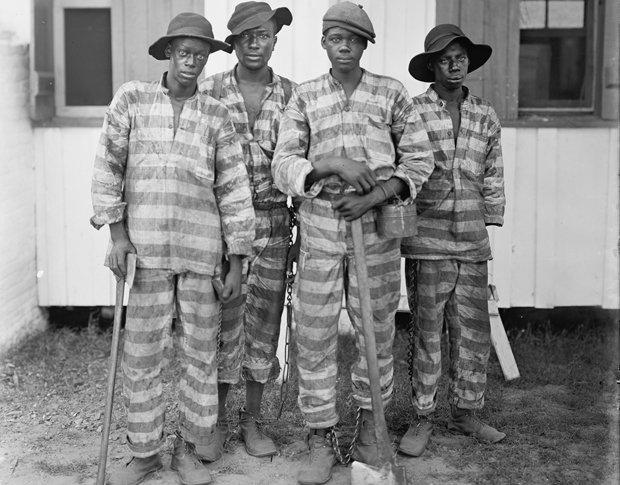 Lately, we've been listening to American leaders talk more on opioid crisis and heroin addictions in the united states and the hypocrisy in their talking points.
Lately, we've been listening to American leaders talk more on opioid crisis and heroin addictions in the united states and the hypocrisy in their talking points.
Don't get me wrong, I feel deeply concern and sad about the epidemic but I can't help but to reflect back to the late 60's and the 90's when it was crack cocaine and how it was being labeled then, compared to how opioid is being addressed sympathetically now in America.
In the past, when users of drugs such as crack-cocaine were disproportionately black, they faced severe punishments. And now that its opioid, heroin (white and often affluent) users, it has become a public health problem.
We've seen this patterns over decades of drug scares. When the population of users is primarily people of color, then the response is to demonize and punish. When its white, then we search for answers and declare it as public health emergency.
During the Nixon presidency, a former Nixon aide has suggested that the war on drugs was racially and politically motivated.
"The Nixon campaign in 1968, and Nixon white house after that, had two enemies: the antiwar left and black people. You understand what I'm saying? we knew we couldn't make it illegal to be either against the war or black, but by getting the public to associate the hippies with marijuana and blacks with heroin, and then criminalizing both heavily, we could disrupt those communities. We could arrest their leaders, raid their homes, break up their meetings, and vilify them night after night on the evening news. Did we know we were lying about the drugs? Of course we did". - Wikipedia
In the 80's crack epidemic devastated communities of color, but what compounded the tragedy was the legal and political responses. Crack was an inner city drug, a drug of gangs and guns, a street corner drug that white American experienced from a distance. But powdered cocaine, the most expensive version of the drug, found its way to more affluent users. The federal Anti- Drug Abuse Act, passed in 1986, imposed mandatory minimum sentences that were far harsher on users of crack cocaine than on those found with the drug in powdered form.
A number of policies introduced during the War on Drugs have been singled out as particularly racially disproportionate.
A 1992 study found that, as a result of mandatory minimum sentencing, blacks and Hispanics received more severe sentences than their white counterparts from 1984 through 1990. - Wikipedia

In 1995, the United States Sentencing Commission delivered a report to Congress concluding that, because 80% of crack offenders were black, the 100:1 disparity disproportionately affected minorities. The Commission recommended that the crack-to-powder sentencing ratio be amended, and that other sentencing guidelines be re-evaluated. These recommendations were rejected by Congress. - wikipedia
Now, Heroin use has changed from an inner city problem especially the minority to a more widespread geographical distribution, involving primarily white men and women living outside of large urban areas.

White people addicted to prescription opiates, could conveniently get it from a friendly doctor or pharmacist. And now that law enforcement have cracked down on those opiate, they are finding heroin an obvious substitute and its even cheaper.
Now, governors, senators and lawmakers have signed emergency legislation's allowing prescription drug that helps counter the effect of a heroin overdose without a prescription. e.g John Kasich (Ohio Governor)
In 2015, senator Rand Paul, introduced in Kentucky the Recovery Enhancement for Addiction Treatment Act. This makes it easier for doctors to treat heroin users with a prescription drug called buprenorphine.
Can you imagine the white house and congress of 1985 debating a "Recovering Enhancement for Addiction Act" for black crack users? I don't think so. Instead they prefer to demonize and incarcerate them.
Is it any wonder, then, that the crack epidemic led to an incredibly punitive “tough on crime” crackdown focused on harsher prison sentences and police tactics on minorities (Blacks and Hispanics), while the current opioid crisis has led more to more compassionate rhetoric and calls for legislation, including a measure Congress passed last year, to focus on treatment instead of incarceration?
Thank you for reading and please vote and I will reciprocate.
Congratulations @smogan133! You have received a personal award!
Click on the badge to view your Board of Honor.
Do not miss the last post from @steemitboard:
Congratulations @smogan133! You received a personal award!
You can view your badges on your Steem Board and compare to others on the Steem Ranking
Vote for @Steemitboard as a witness to get one more award and increased upvotes!